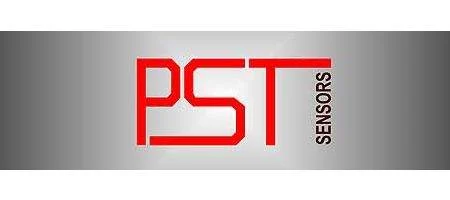A new, printed sensor can monitor the temperature of perishable goods such as food and pharmaceuticals.

Norway’s Thinfilm Electronics has teamed up with University of Cape Town spin-off PST Sensors to create the devices, which they say can be printed on plastic and made for a fraction of the cost of traditional silicon microelectronics.
The sensor system will be able to monitor individual packages to make sure their contents have been kept at the perfect temperature. The companies point out that a 2008 report in the UK concluded that a fifth of food waste is caused by confusion over date labeling.
“The combination of our printed addressable memory and a PST temperature sensor creates a new category of integrated system – inexpensive, intelligent and able to offer information on temperature on a per item basis – something not currently possible due to manufacturing and material cost restrictions,” says Davor Sutija, CEO of Thinfilm.
“These systems, as thin as a strand of hair, will let health care professionals know that a drug has been kept at the right temperature. Participants across the perishable food chain will also know that a piece of meat or carton of eggs has been correctly refrigerated. Ultimately these devices may even tell consumers how fresh their food is.”
Keeping pharmaceuticals at the right temperature is big business. According to Pharmaceutical Commerce, seven of the top 10 global pharma products in 2014 will require cold-chain handling, with the market set to grow to $6.9 billion this year.
And while current alarm sensors cost between $15 and $25, the version developed by Thinfilm and PST will cost a hundredth of that.
The companies say they expect to finish a first demonstration prototype this year.






